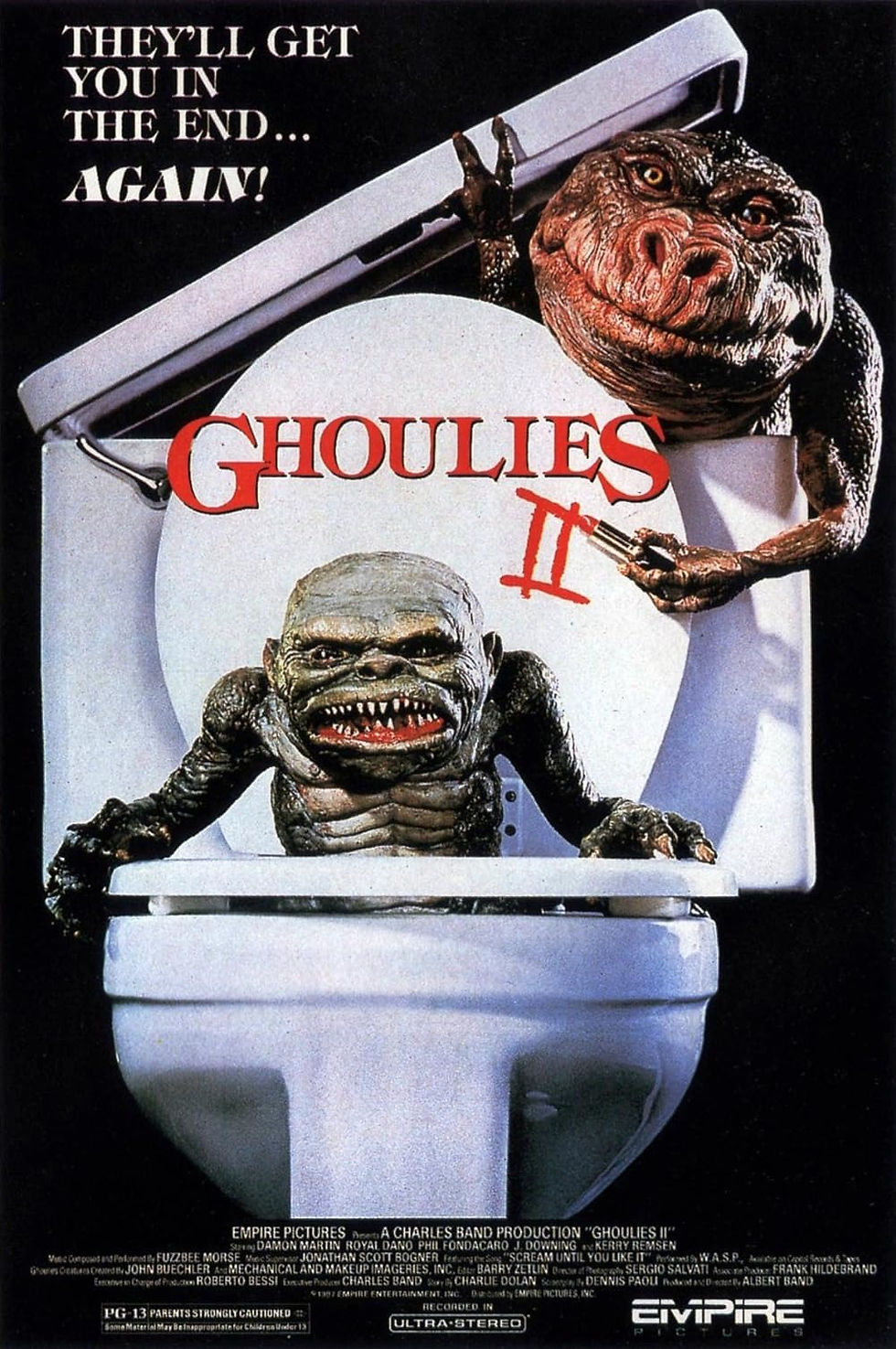The Nightmare Factory: How Horror Movies Affect Sleep and Dreams
- Allan Major

- Mar 6, 2024
- 3 min read

Picture this: You're tucked into bed, the soft glow of the screen the only thing slicing through the inky blackness. The creature's guttural snarl echoes through the speakers, and its grotesque form lurches toward the terrified protagonist. Your heart thumps a wild rhythm in your chest, eyes glued to the unfolding terror. Cut to black. You lie there, rigid, senses on high alert. Because now, the shadows in your room seem to pulse with a life of their own…
Horror movies have a knack for invading our dreams, transforming bedrooms into theaters of terror. But why do these fictional frights have such an enduring psychological grip on us? Why do we subject ourselves to these experiences when a good night's sleep is often the first casualty? Let's dive into the nightmare factory and explore the unsettling science behind why horror movies hijack our slumber.
The Brain on Horror: Beyond the Jump Scare
The moment a masked killer bursts onto the screen or a malevolent spirit flickers in the mirror, our brains kick into overdrive. The amygdala, our threat-detection center, floods the body with adrenaline and cortisol – the fight-or-flight response. Whether consciously or not, our minds are desperately trying to discern if the on-screen danger is real.
However, even when our rational brain knows it's just a movie, those primal fear responses linger. Our heartbeat remains elevated, our muscles tense, and our senses are on a hair-trigger. For some of us, this state of heightened anxiety bleeds directly into our dream state.

REM Sleep: When Nightmares Take Center Stage
Rapid Eye Movement (REM) sleep is the most vivid stage of the sleep cycle. It's when our brains consolidate memories, process emotions, and dream with cinematic intensity. But after a horror movie marathon, our hyped-up brains can't seem to switch off the scare-fest. Suddenly, we're trapped in a terrifying re-enactment of the film's events, or the anxieties we felt while watching morph into warped and monstrous forms.
The images from horror films provide fodder for this nightmare reel. The unsettling atmosphere, the chilling soundtrack, and the lingering dread – they all seep into our subconscious, ready to be twisted into fuel for our worst fears to play out once we close our eyes.
Night Terrors and Sleepwalking: When Dreams Turn Dangerous
For some, the impact of horror films goes beyond simple nightmares. Those prone to sleep disorders like night terrors or sleepwalking may find their conditions exacerbated by scary movies. Night terrors involve a sudden surge of extreme fear, often accompanied by screaming, thrashing, and inconsolable panic. Sleepwalking episodes, in turn, can lead individuals to act out fragments of their dreams in a semi-awake state. Watching horror can create the perfect recipe for these frightening and potentially dangerous experiences.

Sensitive Souls: Why Some Are More Affected
Not everyone reacts to horror movies in the same way. Some folks brush off even the goriest flicks, while others lose sleep for a week. Research suggests that those who are naturally more anxious, sensitive to stimuli, or have vivid imaginations may experience stronger negative effects from horror films. Additionally, those with pre-existing sleep disorders or a history of trauma can be particularly vulnerable.
The Takeaway: To Watch or Not to Watch?
The allure of horror movies is undeniable. They offer a thrill, an adrenaline rush, a cathartic release. However, for some, the cost of that adrenaline may be a night filled with restless sleep and disturbing imagery. If you find that horror flicks linger in your mind far beyond their final scene, disrupting your precious hours of rest, it might be wise to explore other genres. A good night's sleep, after all, is the stuff good dreams are made of – not jump scares and lingering terror.







